In the intricate tapestry of New Zealand's societal fabric, the relationship between Māori and non-Māori citizens remains a focal point of discussion and policy-making. This article delves into whether New Zealand can achieve full equality between these groups, exploring historical contexts, current challenges, and future possibilities. With deep-rooted historical complexities and evolving social dynamics, the journey towards equality is multi-faceted and requires a nuanced understanding of cultural, economic, and political elements.
Understanding the Historical Context
The Treaty of Waitangi, signed in 1840, is often regarded as New Zealand's founding document. It was meant to safeguard Māori rights and ensure a partnership between the Crown and Māori. However, differing interpretations of the treaty's terms have led to historical grievances that continue to impact Māori communities today. Many Māori were dispossessed of their lands, leading to socio-economic disparities that persist. Addressing these historical injustices is crucial in the pursuit of equality.
Current Challenges in Achieving Equality
Despite significant efforts, disparities remain evident in various sectors, including health, education, and employment. A report by the Ministry of Business, Innovation, and Employment (MBIE) highlights that Māori unemployment rates are consistently higher than those of non-Māori. Additionally, Statistics NZ reports that Māori have lower life expectancy and higher rates of chronic diseases compared to their non-Māori counterparts.
Case Study: The Whānau Ora Initiative
The Whānau Ora initiative, launched in 2010, aims to empower Māori families through a holistic approach to well-being. By integrating health, education, and social services, this initiative provides a framework for addressing the specific needs of Māori communities. According to the Ministry of Health, Whānau Ora has led to improved health outcomes and increased access to services, showcasing a promising model for equality.
Comparative Analysis: Global Lessons for New Zealand
Looking beyond New Zealand, countries like Canada, with its Indigenous population, provide valuable insights. Canada's Truth and Reconciliation Commission has been pivotal in acknowledging past injustices and fostering dialogue. New Zealand could adopt similar reconciliation frameworks to address historical grievances and promote healing and understanding.
Economic Empowerment: A Path Forward
Economic empowerment is a critical component of achieving equality. The Māori economy is rapidly growing, contributing significantly to New Zealand's GDP. According to Te Puni Kōkiri, the Māori economy is valued at over NZD 50 billion, with significant investments in primary industries, real estate, and tourism. Supporting Māori entrepreneurship and business development can bridge economic disparities and foster long-term equality.
Education and Cultural Awareness
Education plays a vital role in promoting equality. Integrating Māori culture and history into the national curriculum fosters understanding and respect among all New Zealanders. Initiatives like Te Reo Māori education in schools are crucial in preserving Māori language and culture, ensuring that future generations appreciate and uphold cultural diversity.
Pros and Cons of Achieving Full Equality
While the pursuit of equality holds immense promise, it also presents challenges that must be navigated thoughtfully.
Pros:
- Social Cohesion: Achieving equality fosters a more harmonious society, reducing social tensions.
- Economic Growth: A more equitable society can lead to increased productivity and economic prosperity.
- Cultural Enrichment: Embracing Māori culture enriches New Zealand's cultural landscape.
Cons:
- Resource Allocation: Achieving equality requires significant investment, which may strain resources.
- Resistance to Change: Some segments of society may resist policies aimed at promoting equality.
- Implementation Challenges: Ensuring effective implementation of policies can be complex and resource-intensive.
Future Trends and Predictions
Looking ahead, the trajectory towards equality is promising but requires sustained commitment and innovation. By 2030, it's predicted that Māori representation in leadership roles across various sectors will increase significantly, driven by targeted education and mentorship programs. Additionally, technological advancements and digital platforms are expected to play a key role in bridging educational and economic gaps, providing Māori communities with greater access to opportunities.
Conclusion
The quest for full equality between Māori and non-Māori citizens in New Zealand is an ongoing journey, requiring collective effort and unwavering commitment. By learning from past experiences, leveraging economic opportunities, and fostering cultural understanding, New Zealand can pave the way for a more equitable and inclusive society. As the dialogue continues, the voices of both Māori and non-Māori will be integral in shaping New Zealand's future, ensuring that the vision of equality becomes a reality.
People Also Ask
- What are the biggest challenges in achieving equality for Māori in New Zealand? Economic disparities, health inequities, and educational gaps remain significant challenges, requiring targeted policies and community engagement.
- How can education promote equality between Māori and non-Māori? Incorporating Māori culture and language into the national curriculum fosters understanding and respect, promoting social cohesion.
- What is the role of the Māori economy in achieving equality? The Māori economy contributes significantly to New Zealand's GDP, providing opportunities for economic empowerment and bridging disparities.
Related Search Queries
- Equality in New Zealand
- Māori economic empowerment
- Whānau Ora initiative
- New Zealand Treaty of Waitangi
- Māori education initiatives












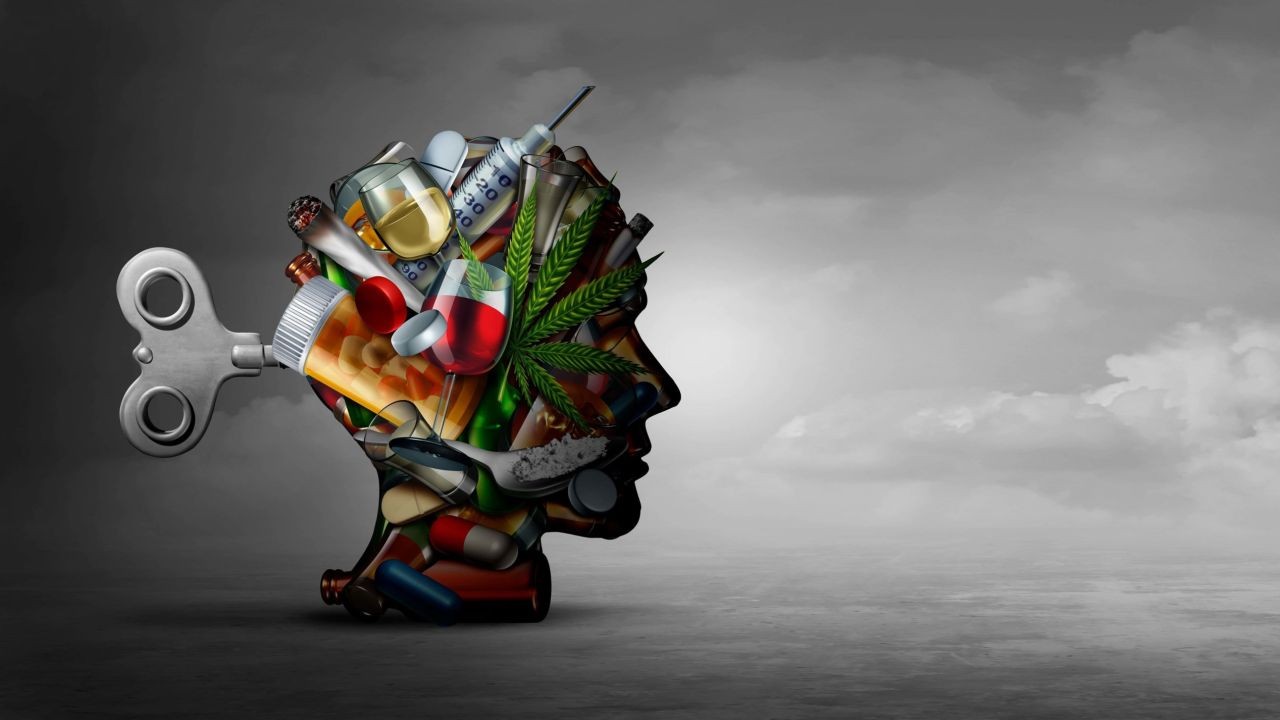

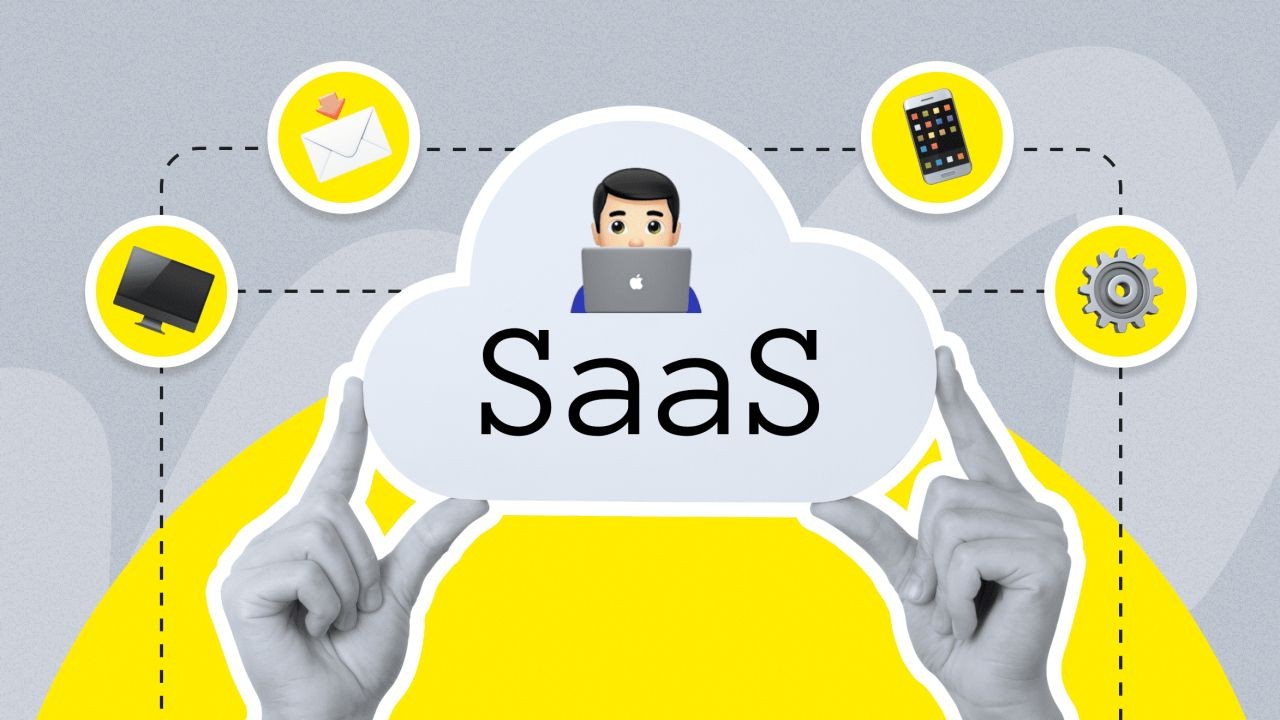





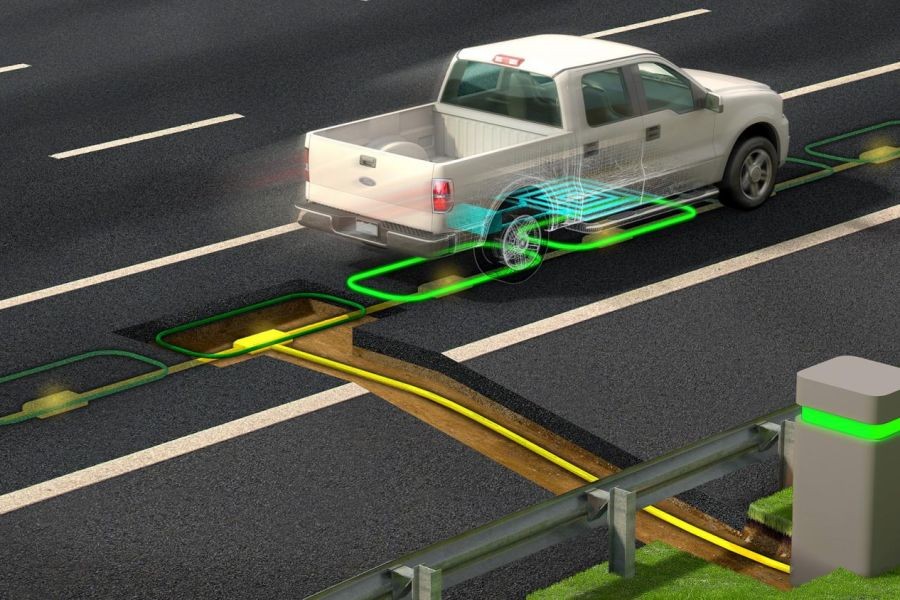


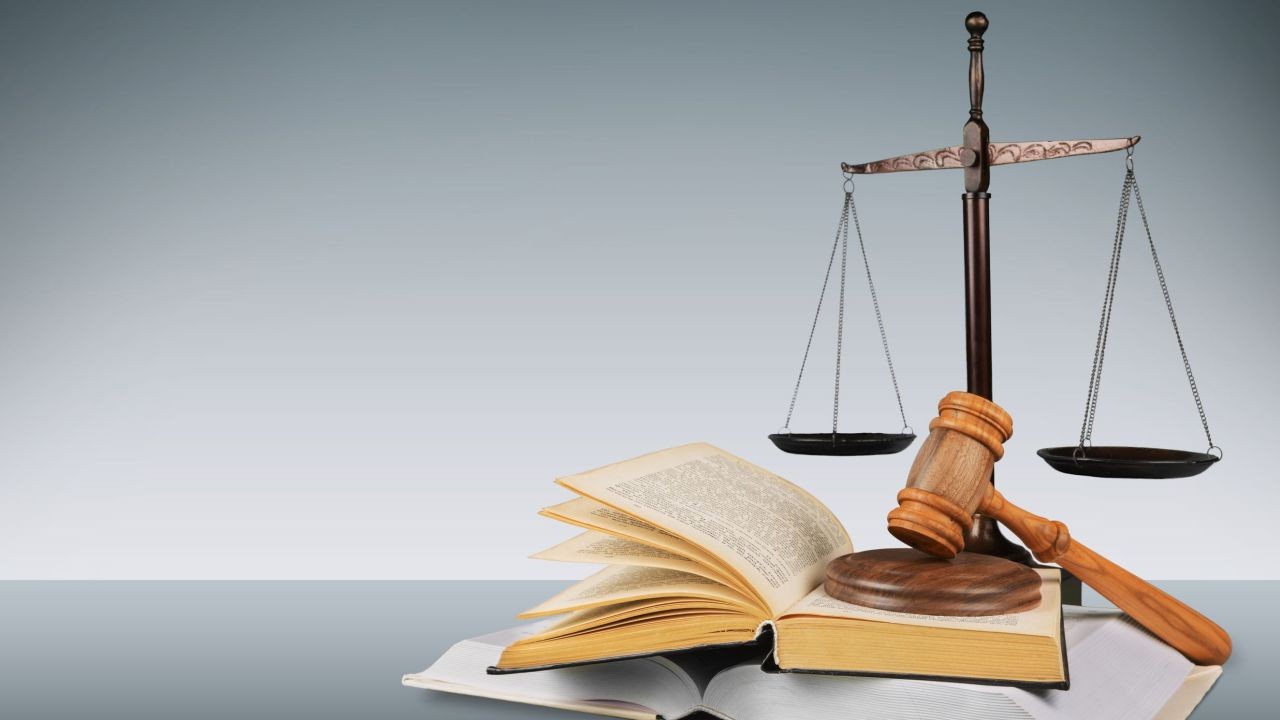


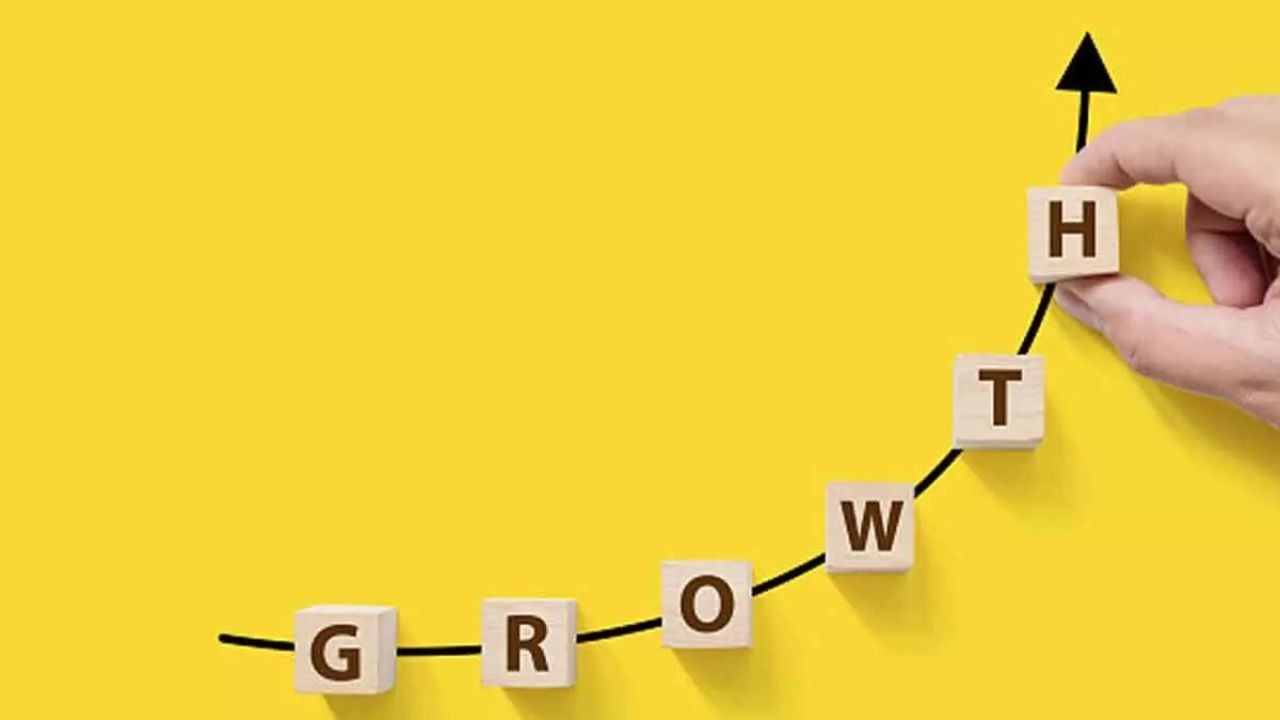





Arletha91U
9 months ago